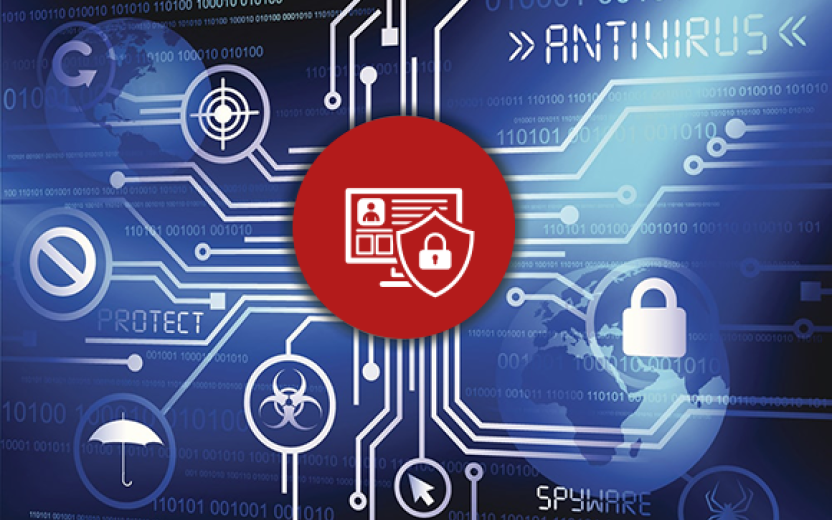Latest News

The holidays are a great time to celebrate. Don't let criminals steal your good cheer. Be aware of scams that prey on your busy schedule and charitable giving. Protect yourself online to ensure a safe and happy holiday season.
Spot Phishing Emails
A common starting point for many scams is by email. Criminals know you're overloaded with holiday messages (e.g., travel, shipping notices, donation requests), and they seize the opportunity to catch you off guard. They send their email into the flood already entering your inbox, hoping you'll absentmindedly open it.
As with all suspicious email, take the time to investigate:
- Check the sending address. It could be sent from a faked or compromised account.
- Confirm links by hovering over them (to reveal the URL) before you click.
- Never open attachments from untrusted sources.
- Watch out for email targeted to stir your emotions. Criminals try to knock you off balance with threats, a false sense of urgency, or a deal that's too good to be true.
Recent spearphishing emails at Cornell have seen scammers posing as colleagues to try and trick you into buying gift cards. Don't fall for it!
Check Web Addresses
Criminals often set up fake websites that mimic legitimate ones. Before you shop, look closely and confirm that the site you're visiting is the real thing.
- For example, make sure you're visiting Amazon.com and not Amazon-greatdeals.com.
- Verify that the website is using HTTPS in the address bar. You'll notice the closed padlock icon. Sites using HTTP are not securely transmitting your personal information.
Research New Retailers and Charities
Overall, it's best to stick to trusted websites. If you're buying from a new or unfamiliar retailer that has a great deal, or donating to a charity for the first time, verify that it's a legitimate organization. A quick search on a retailer's site should turn up reviews for many reputable brands. Use resources like the Better Business Bureau, GuideStar, and Charity Navigator to research and validate businesses and charities.
Use Credit Cards for Online Purchases
Responsible spending with a credit card can help protect your accounts and savings. If your credit card number is stolen or defrauded, you'll likely be able to dispute claims and charges, and not lose any money. When purchases are made with a debit card, the risk to your checking and savings accounts increases. If a criminal gets your account number or debit card information, your entire account could be drained, and it can be harder to recoup those losses. This could leave you unable to pay for essential needs like housing and food.
Learn more about phishing scams with Cornell's Video on Demand:

Comments?
To share feedback about this page or request support, log in with your NetID